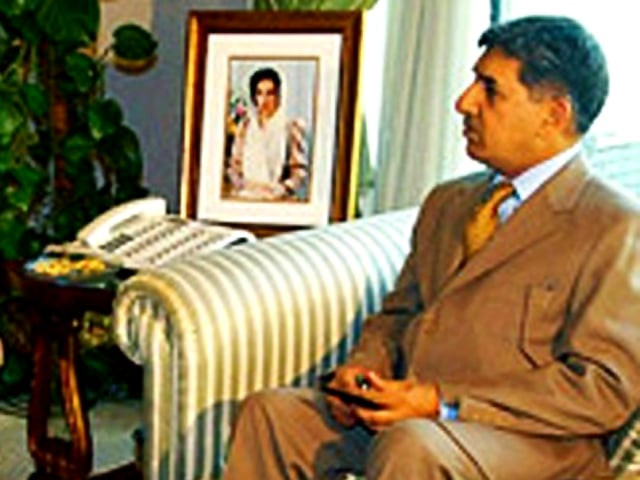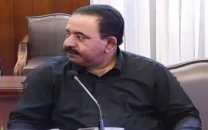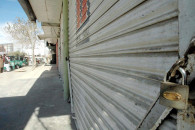US-Pak military chiefs huddle in Rawalpindi
The discussions were focused on reviving cooperation between the ISI and the CIA.

As civilian leaderships in Islamabad and Washington look on from the sidelines, military and intelligence chiefs from Pakistan and the US work frantically to rebuild their strained anti-terror cooperation.
The new CIA chief General David Petraeus and the head of the US-led international forces for Afghanistan Lt-Gen John Allen held crucial talks with Army chief General Ashfaq Parvez Kayani at the General Headquarters in Rawalpindi on Thursday.
The discussions come amid simmering tensions between the two countries over Pakistan’s decision to expel US military trainers and a crackdown against the “private CIA network” in the aftermath of the unilateral American raid that killed al Qaeda chief Osama bin Laden.
Matters of ‘professional interest’
Not surprisingly, little has trickled down from the meeting between the American and Pakistani military chiefs.
“They discussed various topics of mutual interest and ways to improve regional security,” said a statement issued by the US Embassy after the meeting.
The statement issued by the Inter-Services Public Relations (ISPR) did not give any details either.
“The visiting dignitary remained with him for some time and discussed matters of professional interest,” it said.
Military sources, however, say the two sides have realised that they need to resolve their differences.
“The back-to-back interactions this week in Washington and Islamabad is an indication that the two sides are willing to move on,” said a military official on condition of anonymity.
The discussions were focused on reviving full intelligence cooperation between the ISI and the CIA, affected due to the ongoing row, the official added.
Intelligence officials here have said that Pakistan has no problem in intelligence cooperation with the US to fight terrorism but would not tolerate any “private CIA network” in the country.
Meanwhile, experts believe that both sides cannot afford a breakdown in ties at a time when the decade-old battle in Afghanistan has entered into a decisive phase.
Published in The Express Tribune, July 15th, 2011.



















COMMENTS
Comments are moderated and generally will be posted if they are on-topic and not abusive.
For more information, please see our Comments FAQ